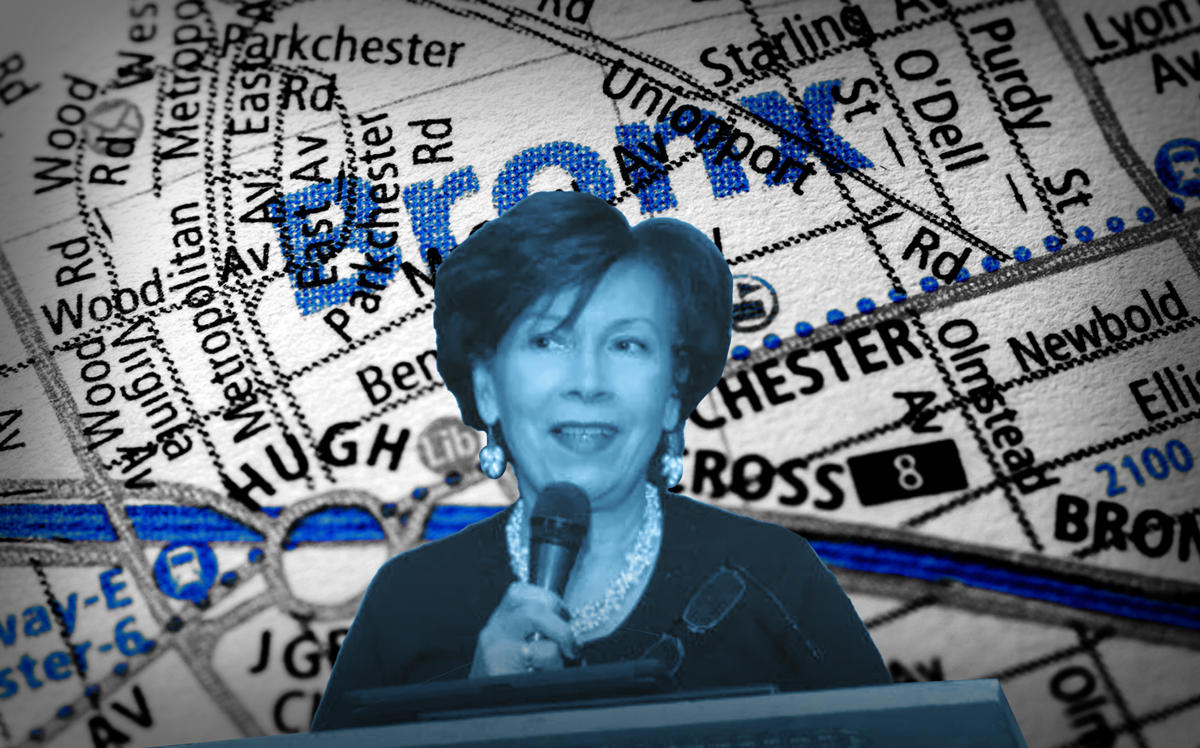In the Bronx, where there are 74 designated Opportunity Zones, the borough’s head of economic development was one of many who believed the federal tax break would bring big changes.
“We have always been the most ignored,” Marlene Cintron told an audience of lawyers and developers in November 2018. “These Opportunity Zones are here for you to take advantage of them.”
But now, after the investment she envisaged failed to materialize, Cintron has changed her tune.
“It didn’t happen,” she told City Limits.
Back in 2018, big developers including Brookfield Properties, Somerset Partners and Starwood Capital reportedly sought to raise millions to invest in the Bronx through their qualified Opportunity Zone funds.
As of early this year, there were only two known projects tied to the tax break in the Bronx. That follows the passing of a key deadline for the Opportunity Zone: Investors who put money in before the end of 2019 wouldn’t be taxed for capital gains as long as they held off selling until 2029.
Some of the reasons floated for why investment has been low include confusing federal guidelines, a shortage of property in the Bronx and a persistent stigma around the area.
The Opportunity Zone tax break was designed to encourage investment in poor communities such as the Bronx, but has proved to be a windfall for the rich. Earlier this year, the Treasury Department announced it would launch an investigation into the tax break after reports in the New York Times and Propublica showed that funds eligible for the break have gone to projects in wealthy areas.
There is still development going on in the Bronx, but Cintron said it hadn’t been accelerated by the Opportunity Zones.
“It’s not something a lot of people talk about,” Cintron said. “It’s not a sexy subject for anybody because it’s not necessarily working.”
Read more


[City Limits] — Sylvia Varnham O’Regan
